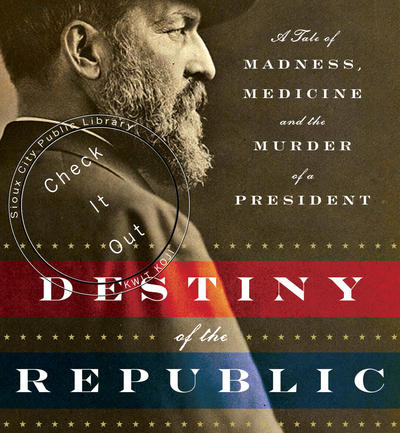
This was not entirely without merit, as there were some areas where America was on the leading edge, particularly with regards to field hospitals, thanks to the experience earned the hard way during the American Civil War. Furthermore, it seems that the bulk of these discoveries were being made by European scientists, and then (as perhaps now) there was a firm belief among many that the American way was best. As a result, there was much resistance in the medical profession to having those outside the field tell them how to do their job.Įven though the microscope was invented in the 16th century, it was not until the 1850s and 60s that Pasteur made his breakthroughs in bacteria, pasteurization, and contamination. It did not help that medicine, and surgery, in particular, was often seen as a trade or an art rather than a discipline of science. This may seem like only a semantic distinction, but the two communities were largely separate.

Second, much of the work being done with microorganisms was not in the field of medicine, but in the field of science. Science is not alone in this respect, many paradigm shifts in our understanding of the world require a new generation to rise to prominence.


Aaron There are several possible explanations for why the germ theory had not been widely adopted by the American medical community at the time of Garfield' …more There are several possible explanations for why the germ theory had not been widely adopted by the American medical community at the time of Garfield's assassination.įirst, in a general sense, scientific discoveries often take a generation or more to go from being uncovered to their implications being adopted as standard operating procedures.


 0 kommentar(er)
0 kommentar(er)
